Since the creation of Israel in 1948, the region has been the scene of fierce power struggles, injustice and tragic events. Throughout the past 65 years, both sides have been at odds over a resolution to their long-running conflict, and many outside parties – the United Nations, the Arab League, various US Presidents – have proposed a variety of answers, the most common of which is a two-state solution.
If Israel, the West Bank and Gaza are to be divided into two distinct and separate states, how can it be done? Where will the lines be drawn? And how would such a dramatic conclusion to the issue affect the region?
Melbourne prides itself on being an intellectually curious, open city where the discussion of ideas is a local pastime. But some topics, it appears, are forever headed to the too-hard-basket.
How do we hold a productive discussion around the issues and solutions when key players and thinkers struggle to even agree on terms of engagement? How can we give voice to political disagreement in a way that is meaningful rather than just retreading old conflicts? Is boycott an appropriate response to those with whom we disagree? And if we can’t come together to discuss these issues openly, with representatives from across the community, then what hope is there for constructive debate?
The Wheeler Centre is proud to announce a distinguished panel of thinkers, exploring the issues around public conversation and the peace process. Moderated by journalism academic and Radio National alumnus Peter Clarke, over 90 minutes at Melbourne Town Hall, our range of passionate, mutually-respectful, informed speakers will talk about talk: about how we conduct ourselves in exploring the history and ideas around such an entrenched and long running debate, and about how those holding passionately divergent views can hear one another – without local discussion becoming a microcosm of the big picture peace process that can’t even agree on an agenda, let alone a solution.
All participants' views are their own and not those of the organisations with which they are affiliated.
Featuring

Or Avi-Guy
Or Avi-Guy is a policy analyst at Australia/Israel and Jewish Affairs Council, and a PhD candidate at the University of Melbourne, researching post-ethnic conflict political reconciliation.
In 2010 Or graduated from the Hebrew University in Jerusalem, where she studied international relations and history. In 2011 she completed an Honours year in international relations at the University of Melbourne.
She served as a military correspondent at the Israeli Defense Force Media and Communication Division (spokesperson unit). During her service she covered both the disengagement from the Gaza Strip in 2005 and the second Lebanon war in 2006.
Her articles have been published by the Australian, the Age, the Jerusalem Post and Australia/Israel Review, as well as on websites such as Jwire and The Conversation. She also appeared on Sky News' NewsNight.
Dahlia Scheindlin
Dahlia Scheindlin is an international political and strategic consultant whose expertise is public opinion research; she recently completed a PhD at Tel Aviv University in comparative politics.
Scheindlin is based in Tel Aviv, where she moved from New York City in 1997; she has developed research-based strategy for electoral, social, and corporate campaigns in more than a dozen countries.
Scheindlin has advised political campaigns on public opinion and strategy since 1999, including four national campaigns in Israel, political and other public affairs campaigns in Romania, Bulgaria, Hungary, Austria, Italy, Serbia, the US, Cyprus and Greece.
She also works extensively on issues of conflict resolution and human rights; she has conducted research for the government during the Israeli-Palestinian negotiations at Camp David negotiations in 2000 and currently conducts research and advises a number of peace and human rights groups in Israel.
She is one of the founding members, writers and editors at +972 Magazine, an independent collective of journalists and bloggers covering Israel and Palestine from the region. In the fall of 2013, she was a fellow at Columbia University’s Institute for the Study of Human Rights.
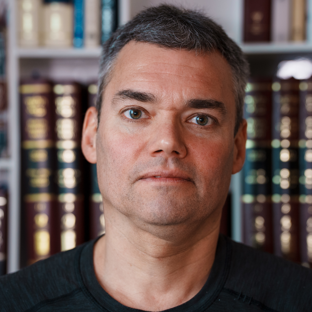
Peter Beinart
A frequent contributor to The New York Times and an MSNBC analyst, Peter Beinart is a professor of journalism and political science at the Craig Newmark Graduate School of Journalism at CUNY. He is also the editor ...
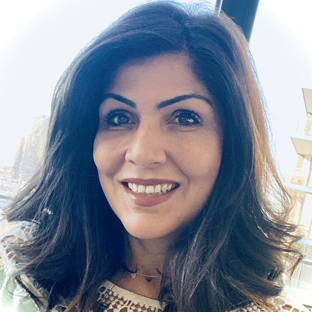
Samah Sabawi
Dr Samah Sabawi is an award-winning playwright. In 2020 she received a Green Room Award for best writing for her play THEM, also nominated for Best Independent Theatre Ensemble, Best Independent Production and ...
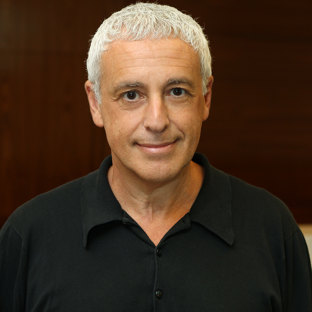
Mark Baker
Mark Baker is director of the Australian Centre for Jewish Civilisation and an associate professor at Monash University.
For more than a decade he has taught at the University of Melbourne and lectures widely in the fields of the Holocaust and genocide, the Arab-Israel Conflict, and terrorism in modern conflict.
He is the author of the prize-winning book, The Fiftieth Gate.
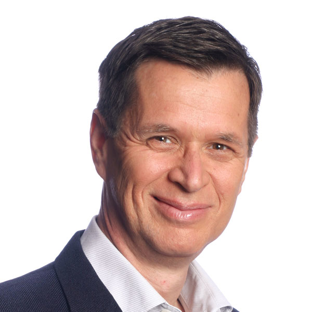
Peter Clarke
Peter Clarke is a Melbourne-based writer, webcaster, educator and moderator.
He teaches undergraduate and post-–graduate communication, media and journalism courses at RMIT and other universities.
His essay, ‘The Contemporary Journalistic Interview: A Hollow Dance Looking for New Moves?’ is included in Australian Journalism Today.
Peter pioneered national talkback on Australian radio as the inaugural presenter of Offspring (now Life Matters) on ABC Radio National and is currently writing a book on the history and future of journalistic interviewing.
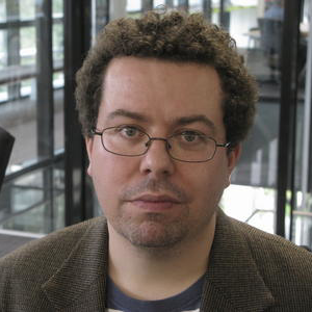
Maher Mughrabi
Maher Mughrabi is Foreign Editor of the Age and Sydney Morning Herald. He has previously worked at the Independent, the Scotsman, the Daily Mail and the Khaleej Times. In 2015, Arena Journal published his essay on the 'Arab Spring' and its aftermath, entitled 'Hunting Leviathan in the Middle East'.
